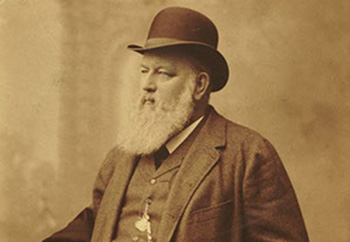The naked mole-rat; a non-traditional animal model of exceptional biomedical interest – Presented by Professor Rochelle Buffenstein
Speakers
Professor Rochelle Buffenstein
Ph.D.
Dr. Buffenstein recently relocated to the University of Illinois at Chicago where she is a visiting Research Professor using the extremely long-lived, cancer resistant and hypoxia tolerant naked mole-rat as a model for biomedical research. Prior to this, she was a Senior Principal Investigator at Calico Life Sciences, part of Google’s initiative to understand the basic biology of aging and exploit this knowledge to devise interventions that enable people to lead longer and healthier lives. She has also held tenured faculty positions at the Medical School of the University of the Witwatersrand in Johannesburg, City College of the City University of New York and the Barshop Institute for Aging and Longevity Studies at the University of Texas Health Sciences at San Antonio.
Rochelle was trained as a comparative biologist and ecophysiologist and has worked on three continents studying the physiology and biochemistry of exotic species in relation to mechanisms associated with evolutionary fitness and lifespan. A key focus of her research has been the biology of the exceptionally long-lived naked mole-rat and the mechanisms these mouse-size rodents employ to maintain good health well into their third decade. She pioneered the use of the naked mole-rat as a pertinent animal model for delayed and attenuated aging and evaluates shared mechanisms that may contribute to their aging phenotype with those employed by humans, another long-living species on the basis of body size.
She has written more than two hundred publications appeared in multiple documentaries on aging and together with Thomas Park and Melissa Holmes edited The Extraordinary Biology of the Naked Mole-rat.
"Our responsibility is, to the extent of our view into the future, to form the present felicitous for the next generation according to the best of our knowledge and belief”
THEODOR BILLROTH (1829-1894)

